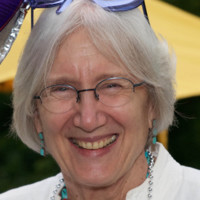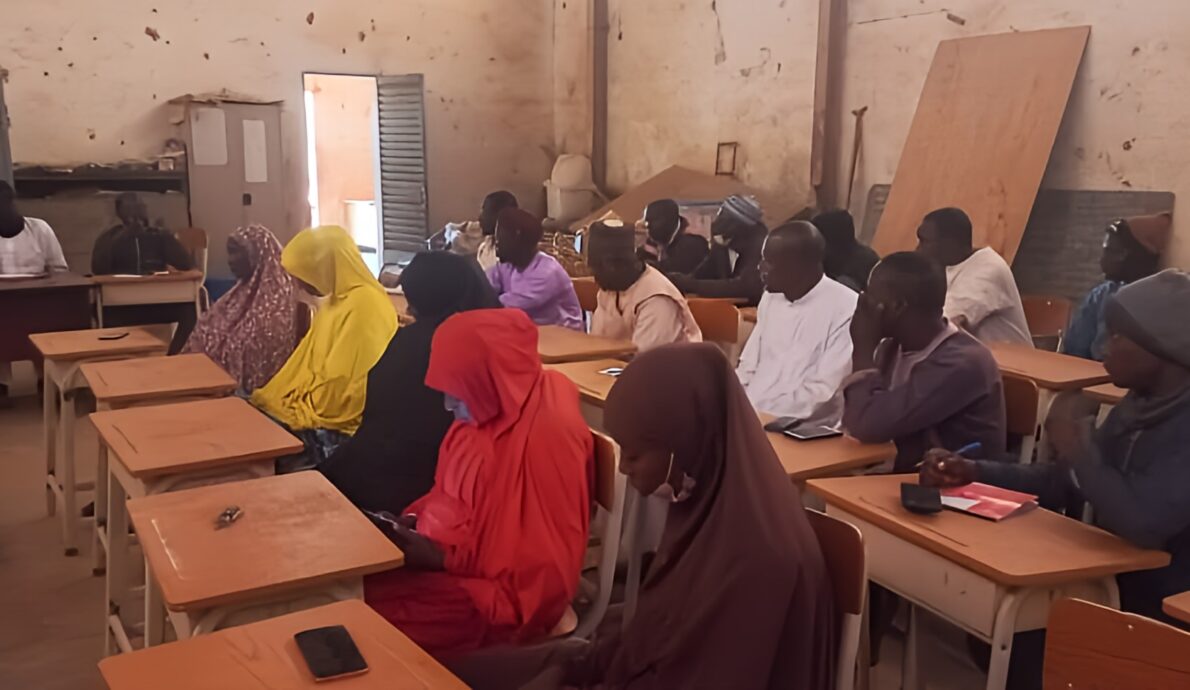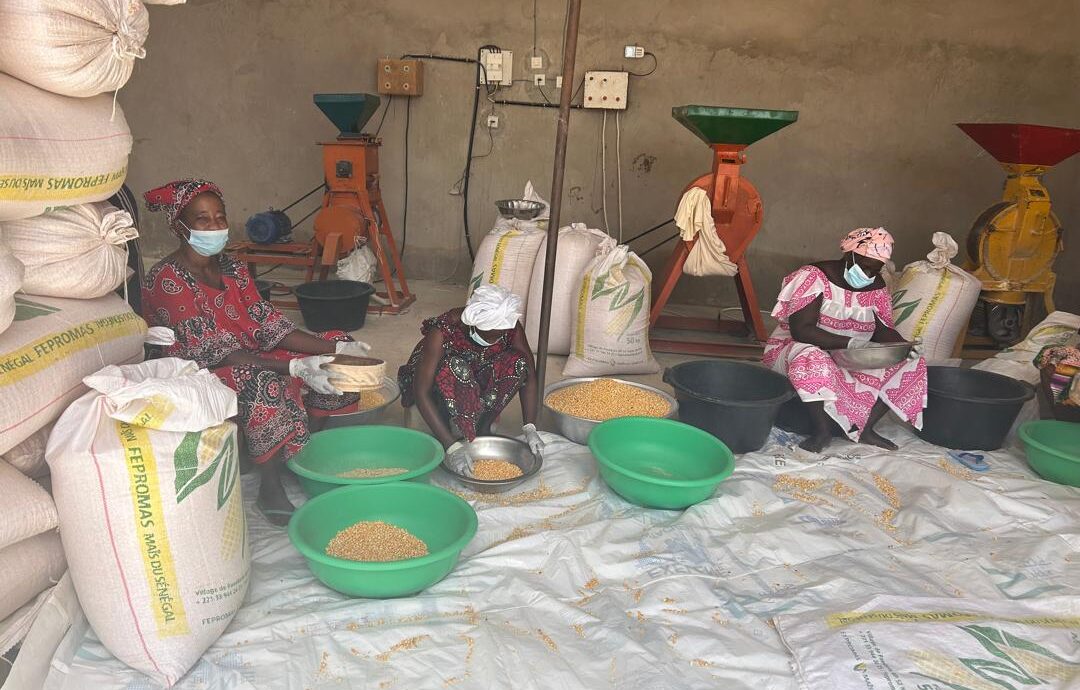Carol Peasley, Former CEO of CEDPA

In this new day of “physical distancing,” it is hard not to feel a bit cut-off and isolated, but it is also a time to appreciate and marvel at the importance of “community” in our society. We are seeing examples of it each day – from neighbors asking elderly neighbors if they need items at the store, to professional athletes providing funds for laid-off employees at sports facilities, to new volunteers at food banks, and to those providing spontaneous (and free) entertainment via social media.
Because of my lengthy career working in international development, I can’t help also thinking about the extraordinary community volunteers and organizations I have seen around the world. Some of the most memorable have been in Nigeria – especially those I observed as CEO of the Centre for Development and Population Activities (CEDPA). CEDPA began training community-based health workers in 1975, going beyond the traditional technical and management training of the day to focus on leadership and advocacy. These training programs evolved over time into the WomenLead Institute – and since January 2019 they have been part of Counterpart International, an international NGO focused on inclusion, gender equity, and bringing all marginalized people into civic life.
But, back to Nigeria! In my travels throughout Nigeria, I met countless women at the community and national level who had been trained via these programs. They never failed to amaze me – such energy; such commitment; such resilience; such impact. I was also always struck by their understanding of community and the need for networking and collaboration, that individual action is never enough. This was especially seen in a program begun by CEDPA in 1996 with funding from USAID: the 100 Women Group Program that created networks of women’s community-based organizations. Each “group” was comprised of 10-15 community organizations. They would meet together to identify and address issues of common concern. They would, as a group and network, meet with local, regional, and national officials to advocate and push for change with a much louder voice than would have been the case if they had not been united in their cause. Within four years, there were 105,568 members in 686 “100 Women Groups.”
Their united voices addressed critically important grassroots issues defined by women in those regions of the country. In northern Nigeria where few girls attended school, they focused on increasing those numbers – and got government to expand resources. In Cross River State, they pushed for passage of legislation to ban female genital cutting. In other regions of the country, the groups pushed for and got greater government resources for health and women’s economic empowerment.
As Nigeria began its transition from a military ruled government to a democratically elected one in 1999, the “100 Women Groups” were an important grassroots effort. They had rallied in Abuja to push for affirmative action and representation of women in public decision-making; they expanded female voter registration; they encouraged women to run for office (and one-third of those who did won). This of course took place twenty years ago, but its impact was still being felt many years later as I heard while at a reception in Abuja when the Minister of Local Government sought me out to say how important the “100 Women Groups” had been. He saw it as the perfect model for community mobilization and action and as a key ingredient in Nigeria’s democratic evolution.
That memory has stayed with me for years. It reminds me of how important it is to invest in women, not just as technicians or managers, but in their potential as leaders. As the old CEDPA slogan said: “when women move forward, the world moves with them.” Also, I now better understand why that investment is so beneficial – that investment in women is an investment in community. That is a fundamental principle of the WomenLead Institute: that women’s voices are expanded through networks, coalitions, and collaboration – that “community” is essential to ensuring that the needs of all are met.
So, as I sit at home on this blustery spring day of “physical distancing,” I celebrate “community” and the contributions of the WomenLead Institute and the thousands of community activists it has trained over the past 45 years.




